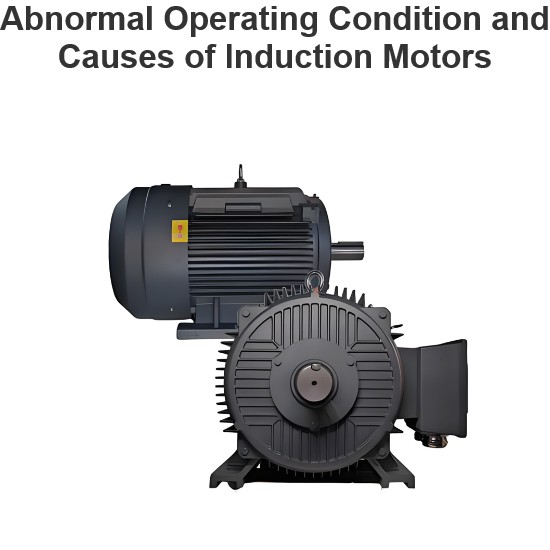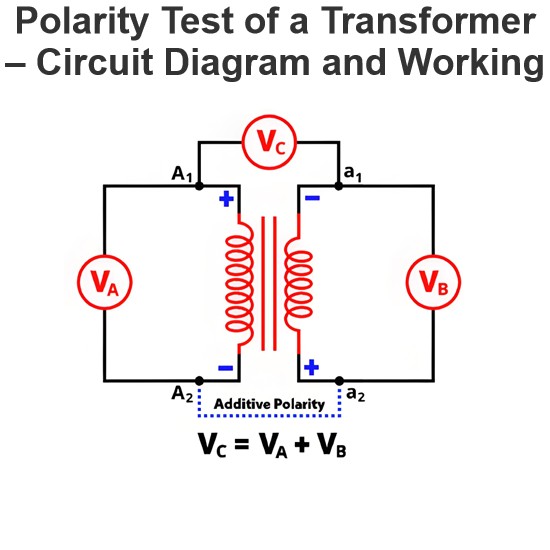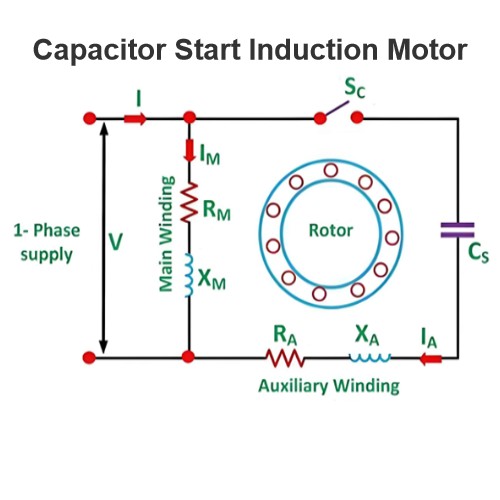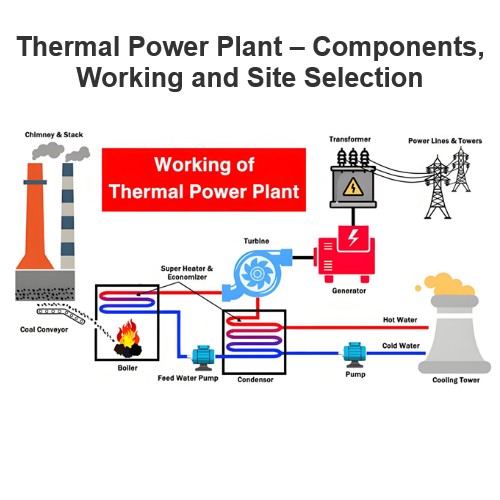Can you explain the difference between UPS and inverter? How many types of UPS exist?
Differences between UPS and inverter
Definition and Role of UPS
UPS, which stands for Uninterruptible Power Supply, is a constant voltage and frequency power supply that contains storage devices and is mainly composed of inverters. Its main function is to provide stable and uninterrupted power supply for computers and their network systems or other power electronic devices.
Inverter Definition and Function
An inverter is a power conversion device primarily used for converting DC power into AC power. It comprises a DC input and an AC output, converting DC electricity into AC electricity through the process of inversion to supply AC loads. Inverters can provide AC power with different voltages, frequencies, and powers as required.
The main difference between UPS and inverter
Functional Differences: A UPS contains not only the function of an inverter but also a battery pack, enabling it to provide continuous power supply when there is an external power failure or blackout. An inverter only performs power conversion and has no power storage function, so it cannot provide continued power supply during a power outage.
Battery Configuration: The UPS has an integrated battery pack that can provide emergency power during a power outage; whereas the inverter does not have an internal battery and usually requires an external power source or battery pack.
Application Scenarios: UPS is suitable for scenarios where critical equipment and data need to be protected, and where there are high requirements for power quality. Inverters, on the other hand, are applicable for converting DC power into AC power, and are suitable for solar power generation systems, wind power generation systems, electric vehicle charging, and wireless communication fields.
Types of UPS
UPS can be divided into three types according to its working principle: backup, online, and interactive.
Backup UPS: In normal conditions, it is in the state of charging the battery. When there is a power outage, the inverter switches to operation mode urgently, converting the direct current provided by the battery into stable alternating current output. The advantages of a backup UPS are high operating efficiency, low noise, and relatively cheap price. It is mainly suitable for scenarios where the fluctuation of the city's electricity is not significant and the requirements for power quality are not high.
Online UPS: This type of UPS keeps its inverter in operation at all times. It first converts external AC power into DC power through a circuit, and then uses a high-quality inverter to convert the DC power into high-quality sine wave AC power output to the computer. The online UPS is suitable for applications with strict power requirements, such as computers, transportation, banking, securities, communication, medical, and industrial control industries.
Online Interactive UPS: This is an intelligent UPS that operates with its inverter in reverse mode when the input city power is normal, charging the battery pack; when the city power is abnormal, the inverter immediately switches to inversion mode, converting the battery pack's energy into alternating current output. The advantage of an online interactive UPS is its strong software functionality, allowing for convenient remote control and intelligent management.
Conclusion
In summary, there are significant differences between UPS and inverters in terms of functionality, battery configuration, and application scenarios. If you need a device that can provide continuous power supply and protect critical equipment, then a UPS is a more suitable choice. If you only need to convert DC power into AC power and do not have the demand for continuous power supply, then an inverter may be a more cost-effective solution. Based on your specific needs and application scenarios, you can choose the most suitable equipment.
The Electricity Encyclopedia is dedicated to accelerating the dissemination and application of electricity knowledge and adding impetus to the development and innovation of the electricity industry.













